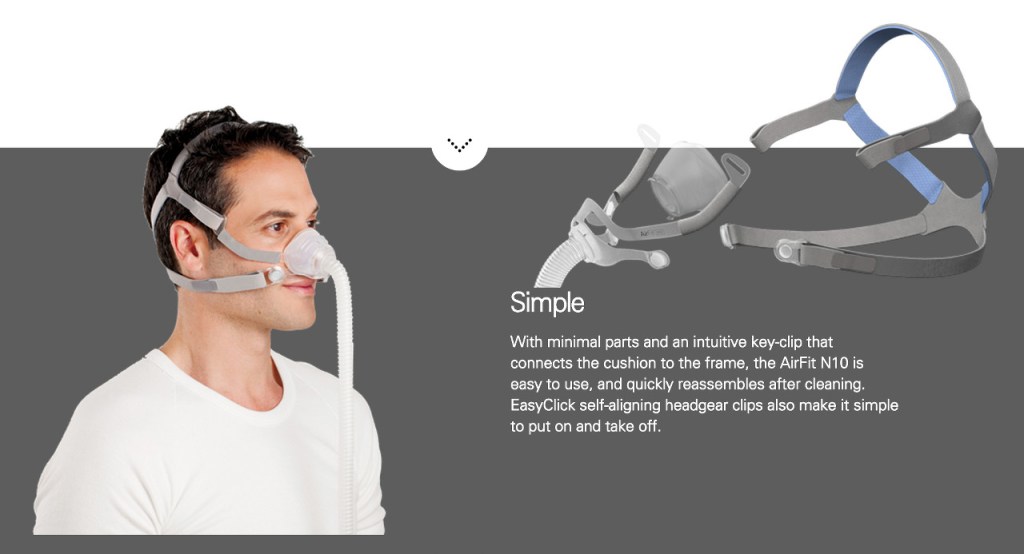As much as fans laud the hardware manufacturer and publisher, they're confused by an initiative talked-about-yet-not-often-seen in the company's Quality-of-Life platform hopes, but President of Nintendo Japan Satoru Iwata says more is on the way.
After introducing a new company standing apart from its games and toys lines, dubbed ResMed and offering help for people struggling with good sleep, Nintendo finished 2014 with one of its strongest products in Super Smash Bros. for Wii U.
Now, Iwata has told a Japanese newspaper that, according to translation by Kotaku, "It's not necessary to be particular about game hardware." Here's a larger part of that piece with a longer translated quote:
For its sleep sensor, Nintendo is considering a [service as opposed to a product] that analyzes the data [collected by its device] and gives ways for exercising and eating right. "Leveraging our video game know-how, we'll make it so even those who have trouble following through can stick with this program and have fun.
In January, ResMed posted results for its second fiscal quarter and the company claims wins in both revenue and operating cash flow. Here's part of that release:
Net income was $91.2 million, an increase of 5 percent compared to the quarter ended December 31, 2013. Diluted earnings per share for the quarter were $0.64, an increase of 7 percent compared to the quarter ended December 31, 2013.
ResMed chief executive officer Mick Farrell said that the company was "pleased to report strong double-digit revenue growth" and said it was an indicator of "robust commercial performance across all regions."
The company has spent just under $30 million, so I can't help but wonder what's still to come particularly as gamers have now learned to juggle multiple hardware cycles. If Nintendo Wii U lasts as long as Wii or previous consoles have, aligning with ResMed products could become a third pillar either in replacement of Nintendo DS (or Game Boy Advance to in a similar fashion in the past).










